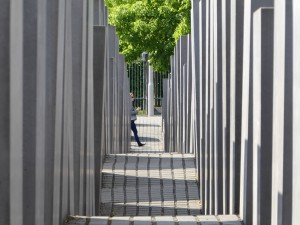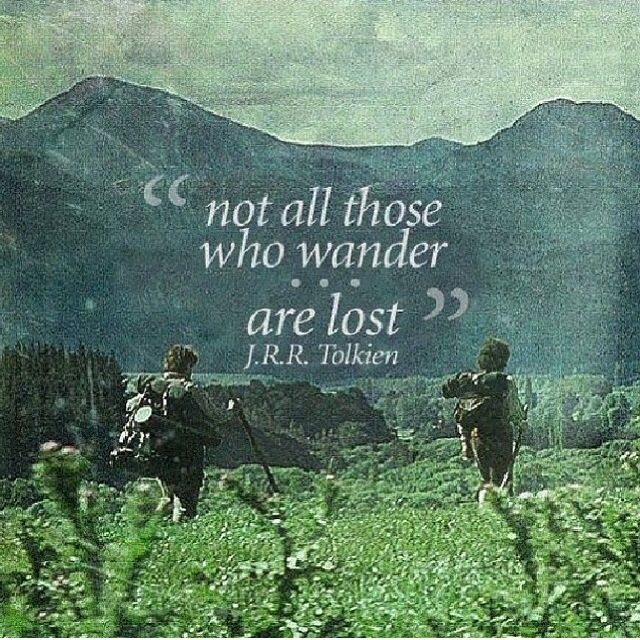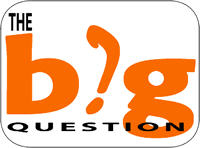OK, so here we are into Week 3 of the of the
#Change11 MOOC, and I am finally ready to articulate my own personal goals and expectations for the course. Unlike most courses, there are no stated objectives or expectations for a MOOC. As I quoted from the MOOC Model document in my post
Clarification on the question,“What is a MOOC?”, “MOOCs build on the engagement of learners who self-organize their participation according to learning goals,prior knowledge and skills,and common interests.” In other words, I need to set my own objectives and expectations for this year-long course.
While I work professionally as an Instructional Design Project Manager, clarifying learning needs and then building objectives to meet them is something I frequently engage with. However, this is flipped on its head when we establish our own goals for our learning.
Perhaps, however, this is really not that unusual. Consider this–even when we attend traditional courses that have clearly defined learning objectives, we have to remember that those are the goals of the teacher, facilitator, or program–they are not necessarily the goals of the learners themselves. Course goals are not always agreed with or understood in the same way by learners as they are by those facilitating the course. Without dialogue and agreement about this at the very beginning, it is challenging indeed for all participants to move toward the same goals (as nobody has the same goals). Let me state this even more strongly–without discussion and individual agreement–all learners in a course work toward different, and often unstated, goals for the course.
This is one of the refreshing things that this MOOC has done–it has empowered attendees (learners) to articulate and state their own goals for the course. With this stated, these are my #change11 goals and expectations. By the end of the #change11 MOOC, I will be able to:
- Assess the impact and influence of this global, unstructured learning on my PhD Research
- Practice an openness to diverse perspectives on learning
- Revise my network to be wider and more inclusive
Now that I have stated these three objectives, I feel I am actually starting to expand my learning and practice. What better way to do so than by formulating, and then publicly sharing, these goals for the course?
 When I traveled recently in Germany on holiday, it was at the end of the #rhizo15 experience, when we were challenged en masse to reconsider learning objectives and even course (learning) content itself. While the formal period of this is now behind us, I find I need some form of closure (even for a course that does not, really, have an actual end). I have been trying to formulate what I learned in the #rhizo15 “course” for some time, and I realize I just need to write about it and see how it resonates.
When I traveled recently in Germany on holiday, it was at the end of the #rhizo15 experience, when we were challenged en masse to reconsider learning objectives and even course (learning) content itself. While the formal period of this is now behind us, I find I need some form of closure (even for a course that does not, really, have an actual end). I have been trying to formulate what I learned in the #rhizo15 “course” for some time, and I realize I just need to write about it and see how it resonates.


 I really like the ASTD Learning Circuits
I really like the ASTD Learning Circuits